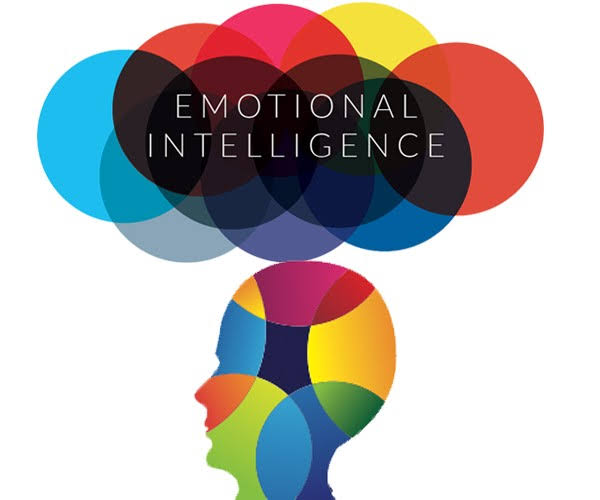Arg! It’s a Monday and your dread going to work. It’s your boss who shouts and swears at their employees. They can’ttake opinions from anyone, nor can they remain assertive. They entertain office gossip and gets emotional on everything. Cringe, right? Well according to Goleman, he asserts that emotional intelligence has a powerful influence on success in life. Emotional intelligence is typically associated with empathy because it involves a person connecting their personal experiences with those of others, He argues that emotional intelligence involves the ability to process emotional information and uses it in reasoning and other cognitive activities. In this blog we will explore the idea of having emotional intelligence and how it can help with flourishing and healthy relationships.

The idea of emotional intelligence was studied in psychology under the microscope of behaviorism, which asserts that only observable behaviors should be studied. This body of work is interested in the idea that there are internal and external events that may influence a certain behavior. This is why some researchers suggests that emotional intelligence can be learned and strengthened, while others claim it is an inborn characteristic.
Why does emotional intelligence in the workplace matter?
We need emotional intelligence most where were least likely to find it: at work. The workplace remains the last support of intelligence because many people still believe that getting personal is the way to go about it. Remember that at work, you don’t have the ties of love to motivate you to get along with others as you do at home. You don’t have the benefit of a shared history to help you understand what moves those around you. That makes it more important that you have a way to tune in to what those you work with need right here, right now.
Four elements of emotional intelligence
Self-awareness: the ability to recognize your emotions and their impact while using gut feelings to guide your decisions.
Self-management: the ability to control your emotions and behavior and adapt to changing circumstances. Can you adequately harness your anger, disappointment, or fear so your emotions don’t interfere with your ability to listen, or problem solve?
Social awareness: the ability to see, understand and react to the emotions of others and to feel comfortable socially.
Relationship management: the ability to inspire, influence and connect to others and to manage conflict.
All these elements are important; however, the development of social and emotional competencies takes commitment and sustained effort of the individuals and not just improvement in emotional intelligence with maturation. If your boss hasn’t reached a stage of mastering emotional intelligence nor leadership skills, then workplace will still remain toxic.



